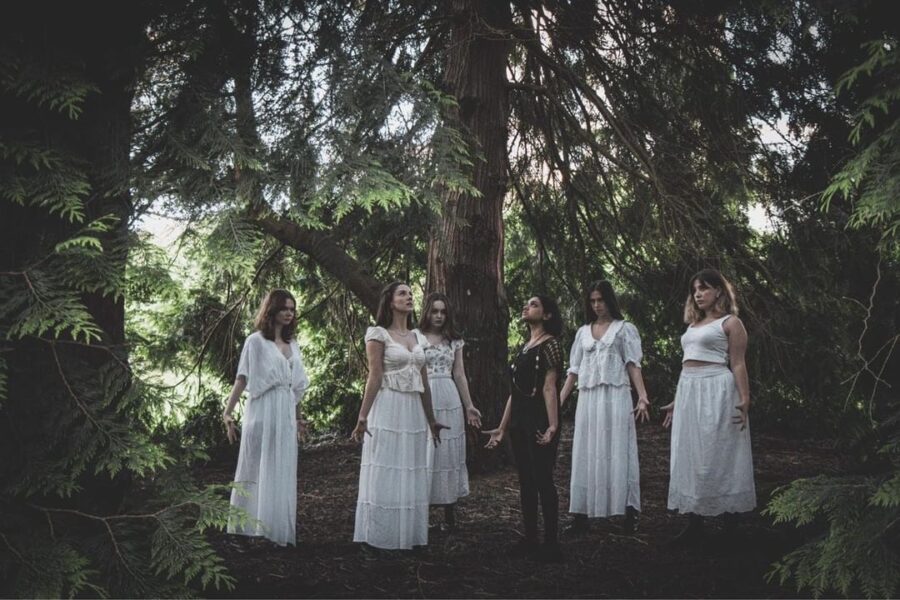
This month, the Exeter University Theatre Company produced a performance of Arthur Miller’s 1953 play, The Crucible. The play depicts a dramatised and partially fictionalised story of the infamous Salem witch trials that took place in the Massachusetts Bay Colony during 1692–93. It deals with pretty sensitive themes such as that of mass hysteria, the danger of ideology, and the consequences of false accusations, and as such does contain very intense depictions of abuse, a variety of toxic emotions, betrayal and injustice, and death. In fact, throughout the duration of the play, several ropes with a hangman’s noose served as a prop item very much crucial to the story.
The EUTCo’s performance was absolutely brilliant. The acting especially was beyond beautiful – it was mesmerising to the extent that I wanted to keep looking at actors even when they weren’t involved in active dialogue because the emotions on their faces, the reactions to other actors speaking, felt so genuine. And yet, I couldn’t make myself do that, because even the actors delivering the dialogue were doing such a great job that it would’ve been an injustice not to focus on them. And I can’t even begin to emphasise just how good the person who played the protagonist, John Proctor, was.
The EUTCo’s performance was absolutely brilliant. The acting especially was beyond beautiful
I felt the pain of a fictional character, and that’s quite something. This is even though this character is suggested to have been involved sexually with a minor girl previously. The girl – Abigail Williams – thus serves as the main antagonist through her false accusations as a revenge for John turning her away. I feel that this takes a lot of blame away from John, but perhaps I’m just judging him through a very modern lens.
The backstage crew were equally great at executing the entire show, be it through lighting or sounds or props or costumes. The costumes had a few flaws, like a few costumes looked oversized, or creased from up close and needed ironing, and sometimes had a few noticeable stitches at places where they might have got torn before. Some characters were more traditionally dressed according to the time the play was supposed to be set in, while others were wearing more modern clothes like shirts and pants.
The backstage crew were equally great at executing the entire show, be it through lighting or sounds or props or costumes.
However, I do understand that there might have been severe budget limitations in terms of what was feasible. But don’t get me wrong, the costume designer(s?) did a fantastic job given everything – I especially loved how almost all the characters wore a combination of the black and white colours to show their different shades of humanity, except for the young girls who were completely dressed in white to mark their innocence, and Abigail who wore a bright red top (almost literally marking her as a red flag!).
The only thing I disliked about the experience was the venue. It was cramped and a bit claustrophobic, and from where I was sitting I couldn’t see much of what was happening because of the people in front of me (the seats in the front and at the back were all placed at the same height).
Arthur Miller had written the play as an allegory for McCarthyism, when during the Cold War the United States government persecuted people suspected of being communists. People today would be able to relate to this if they have seen the latest Nolan film Oppenheimer, wherein the scientist was also harassed for many years for being a suspected communist. Similarly, Miller too was questioned by the House of Representatives’ Committee on Un-American Activities in 1956 and even got convicted of contempt of Congress for refusing to identify others present at meetings he had attended. Needless to mention, then, The Crucible ends on a very tragic note – as John dies to save his name, his death serves as a warning against the dangers of mass hysteria, ideologies, and false accusations – a warning relevant to this day.


